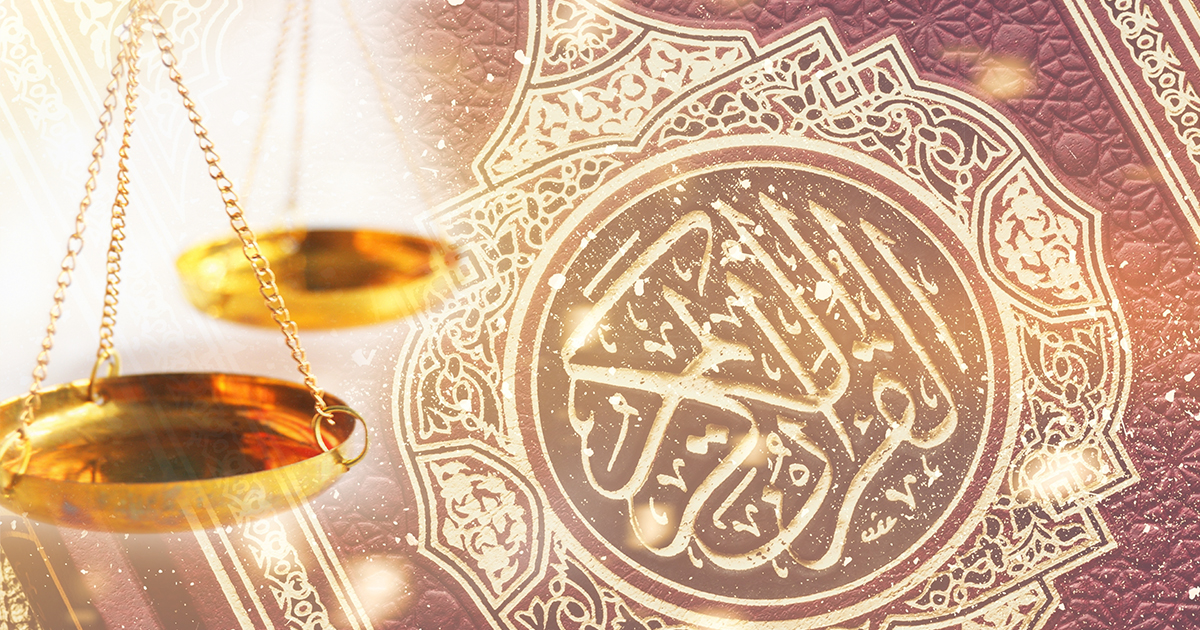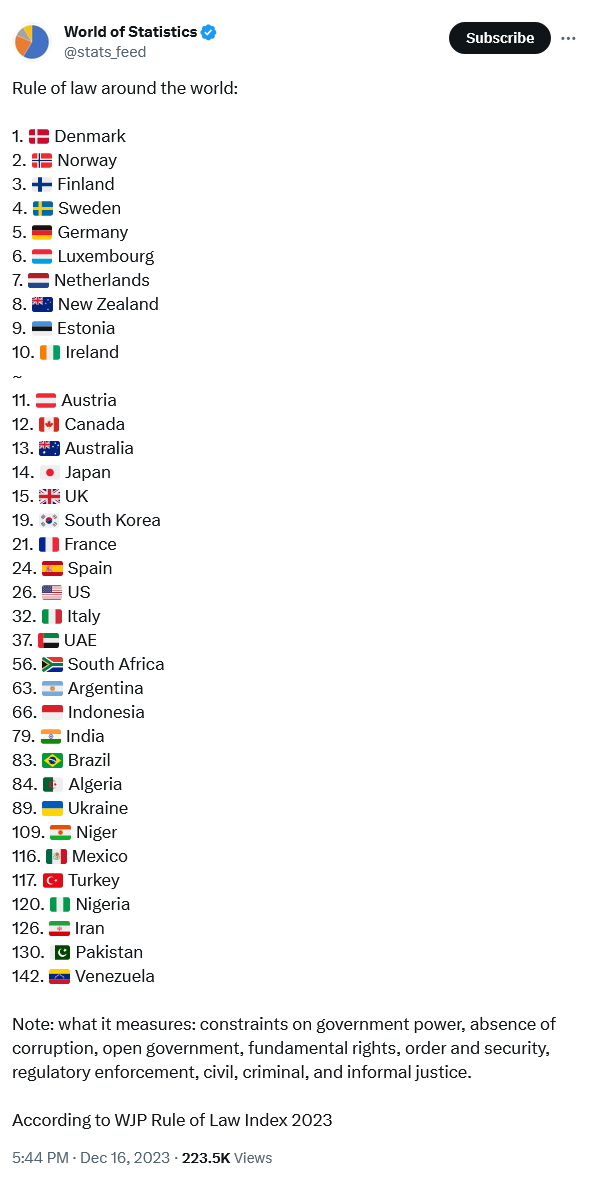Introduction: In the vast tapestry of divine scriptures,
the Quran stands as a guiding light, offering profound insights into various
aspects of life. One area of particular interest is its elucidation on judicial
matters as they relate to the Tawrat, the sacred scripture preceding the Quran.
This article delves into the rich tapestry of Quranic teachings, exploring its
perspectives on Tawrat's judicial aspects.
Understanding the Tawrat: Before embarking on the Quranic
discourse, it is imperative to grasp the essence of the Tawrat. A precursor to
the Quran, the Tawrat holds significant relevance in the Abrahamic tradition.
From legal guidelines to moral principles, Tawrat's judicial aspects provide a
foundation for understanding the divine legal framework.
Quranic Affirmation and Clarification: The Quran, as the
final revelation, doesn't negate the significance of the Tawrat; rather, it
affirms and clarifies. Transitioning through verses, we witness the Quranic
lens focusing on justice, equity, and righteousness—pillars that underpin the
Tawrat's judicial dimensions.
Divine Justice and Mercy: In the realm of judicial
considerations, the Quran accentuates the divine attributes of justice and
mercy. These twin pillars, echoed in the Tawrat, establish a comprehensive
framework for legal principles. The article navigates through Quranic verses,
drawing parallels with Tawratic wisdom, to unravel the seamless integration of
justice and mercy.
Case Studies from Tawrat: To illuminate the Quranic
discourse, delving into specific cases from the Tawrat becomes imperative. From
contractual disputes to family matters, the Tawrat encapsulates a spectrum of
legal scenarios. The Quranic commentary on these cases not only validates
Tawratic principles but also provides nuanced perspectives, reinforcing the
timeless relevance of divine jurisprudence.
Tawrat's Ethical Foundations: Beyond legal intricacies, the
Tawrat lays the groundwork for ethical conduct. Quranic verses echo these
ethical foundations, emphasizing not just the letter of the law but the spirit
that should guide judicial proceedings. This section explores the symbiotic
relationship between legality and morality as envisioned by the Tawrat and
reinforced by the Quran.
Contemporary Relevance: The article doesn't confine itself
to historical dimensions but stretches into the contemporary landscape. How do
Quranic principles resonate with modern legal systems? Can Tawratic insights
offer solutions to the complexities of today's judiciary? These questions form
the crux of a thought-provoking exploration that bridges the ancient and the
contemporary.
Conclusion: In a tapestry woven with divine threads, the
Quran unfolds layers of wisdom, particularly in its dialogue with the Tawrat on
judicial matters. This article, a journey through verses and principles, seeks
not only to expound on the rich legacy of Tawratic jurisprudence but also to
underscore the enduring relevance of Quranic insights in navigating the
complexities of justice.
#QuranicJustice #TawratInsights #DivineJurisprudence #EthicalFoundations #ContemporaryJustice #LegalWisdom












